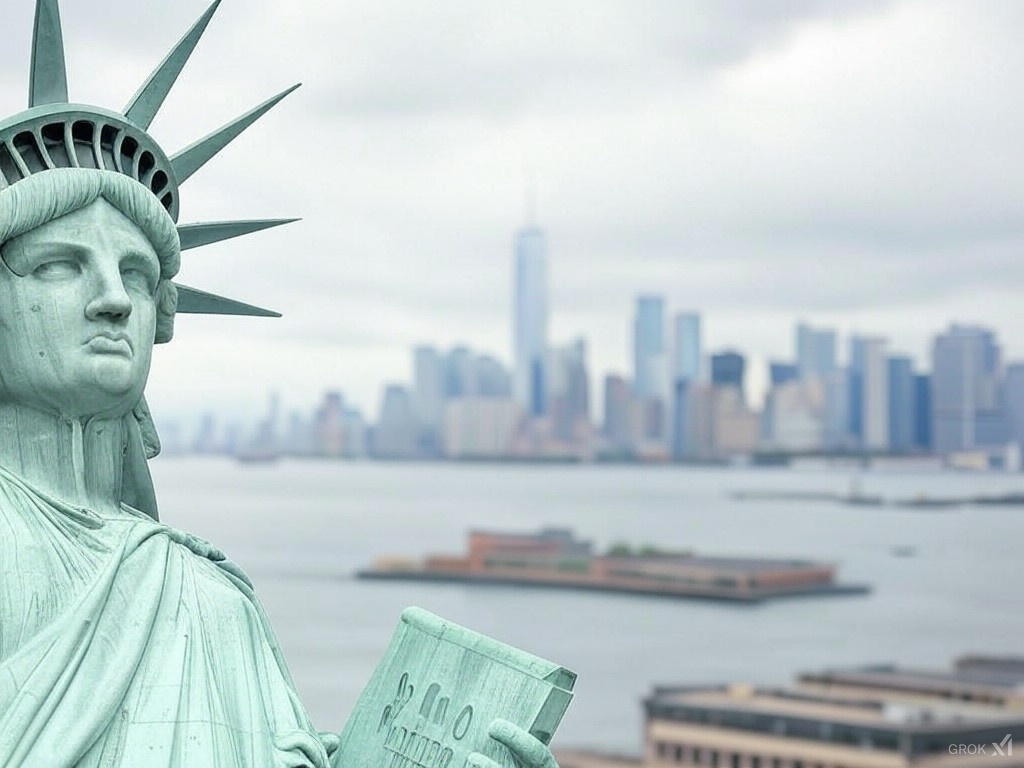Presidential Pardons: Balancing Justice against Favors For Friends

21 January 2025
Pardons from both Presidents Joe Biden and Donald Trump spark a fierce debate over the integrity of the pardon process, as both leaders have used their power in ways that appear to favor personal connections over judicial impartiality.
In the dying days of their presidencies, both Joe Biden and Donald Trump have wielded the power of clemency in ways that have raised eyebrows and ignited debates about the integrity of the pardon process. As Biden's term concluded, he issued a sweeping list of pardons and commutations, showcasing a notable act of clemency towards his son, Hunter Biden, alongside other individuals. Trump, in his characteristic fashion, granted clemency to nearly all January 6th defendants, including high-profile figures like Stewart Rhodes of the Oath Keepers. This convergence of pardons has led to a critical examination of how presidential clemency is perceived when it seemingly serves personal or political interests.
The idea that a president can erase the legal consequences for those close to him is not new, but the scale and timing of these recent pardons might well be considered a new frontier in political favoritism. If a president could commute the sentences of prisoners simply by signing his name, what does that say about the balance of justice in a democracy where the law is supposed to apply equally to all? This question becomes particularly poignant when one observes that both Biden and Trump have used their clemency powers in ways that could be interpreted as protecting their allies or family from the repercussions of legal actions.
Joe Biden's clemency list was extensive, touching on humanitarian grounds as well as personal ones. He commuted the sentences of nearly 2,500 individuals convicted of nonviolent drug offenses, a move that aligns with a broader push for criminal justice reform. Yet, the inclusion of Hunter Biden, despite previous vehement denials of such intentions, casts a shadow over these acts. Critics argue this was not just a case of a father helping his son but a calculated maneuver to shield the Biden family from future legal entanglements, especially under a Trump administration known for its retaliatory inclinations.
On the other side, Donald Trump's decision to pardon those involved in the January 6th Capitol riot was a clear message to his base: loyalty to him supersedes legal accountability. This act of clemency not only undermines the legal consequences of attempting to subvert democracy but also sends a chilling signal about the normalization of political violence when it serves a particular political agenda. The release of Stewart Rhodes, a key figure in the conspiracy to storm the Capitol, is emblematic of this approach, where personal allegiance appears to trump judicial outcomes.
The implications of these actions extend beyond immediate political gain. On one hand, there's an argument for the president's right to use clemency as a tool for mercy, particularly in cases where sentences might be overly harsh or where individuals have shown significant rehabilitation. Biden's commutations, for instance, could be seen as an attempt to correct systemic injustices, especially in drug sentencing laws that disproportionately affect minorities. This perspective champions the idea that the president, as the chief executive, should have the latitude to right wrongs within the legal system.
However, the cons are glaring. The perception of these pardons as self-serving or politically motivated erodes public trust in both the presidency and the justice system. When a president uses clemency to shield those close to him or those who support his political ambitions, it challenges the very notion of equality before the law. It risks transforming what should be a rare act of mercy into a routine political tool, thereby diminishing its moral weight and turning it into a potential weapon in political warfare.
For future administrations, these precedents might encourage a further blurring of lines between personal loyalty and legal accountability. If each president can decide that their allies or family members deserve to bypass legal consequences, the door is left wide open for corruption and nepotism. This could lead to a scenario where each new administration feels compelled to pardon its own, creating a cycle of reciprocal clemency that further undermines the rule of law.
Ultimately, the legacy of these presidential pardons will likely be debated for years. They highlight a tension between the executive's power to grant mercy and the need for an impartial application of justice. As the political landscape continues to evolve, the actions of Biden and Trump serve as a stark reminder of how the personal can all too easily overshadow the principle in the highest office of the land.
